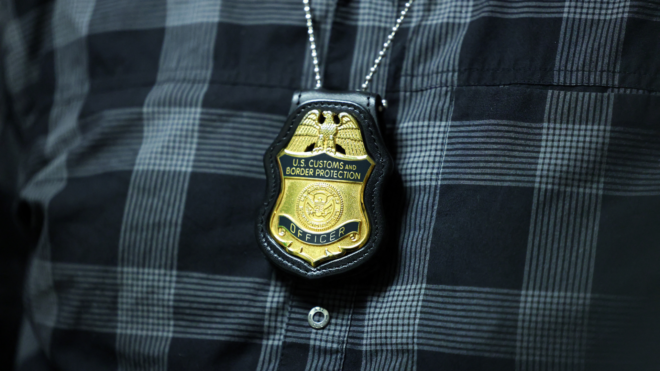Unfortunately, lying is one of those nasty habits that children pick up at an early age. No matter how big or small their motive might be, parents have to step in and make sure to kick this nasty habit to the curb. The tough part is teaching the consequences of dishonestly without fueling a child's need to lie. Here are five easy tips that will help encourage your kid to be truthful and hopefully dump the fibbing for good.
Read more ¿Qué más?: 4 fun waysto celebrate your kids' team accomplishments
1. Calm down and be aware of how you react to the situation: Make sure not to talk to your child in the heat of the moment. Doing so may lead you to scream or respond in a harsh manner, which may cause your lesson about honestly to backfire. "If your kids are worried about being punished or yelled at when they mess up, they won't feel safe telling you the truth," says Positive Parenting Solutions founder Amy McCready. Instead of placing guilt or blame, try to present a case as to why telling the truth would lead to a better outcome.
2. Focus on their motive: Uncovering the 'why' of the behavior is really important. Try to ask questions regarding the fib without being accusatory. "You'll get the honesty you're looking for, as well as information that may help you foster the truth in the future," explains McCready.
3. Outline the consequences of lying: Whether it is a white lie or a big one, there are always consequences to each action. For example, if your child took something from another classmate at school and lied about it, make sure they return the item and apologize to the child. Sweeping it under the rug to avoid embarrassment will do them more harm than good.
4. Find creative ways to touch on the subject: One of the ways to feed your kid's imagination and teach them to curb the nasty habit of lying is to pick books that dive into the subject with a colorful story they'll appreciate. Books like Ruthie and the (Not So) Teeny Tiny Lie by Laura Rankin or I Want My Hat Back by Jon Klassen are excitement options. Talk to them about the plot after and try to outline some real life examples about why lying is wrong.
5. Ditch your own white lies: Often times children pick up the lying habit from their parents or guardians at home. Try to set a positive example for your child by curbing your own tendency to be dishonest or tell white lies. If it is wrong for your kid to do it, then the same should apply to you.
Image via Corbis Images




